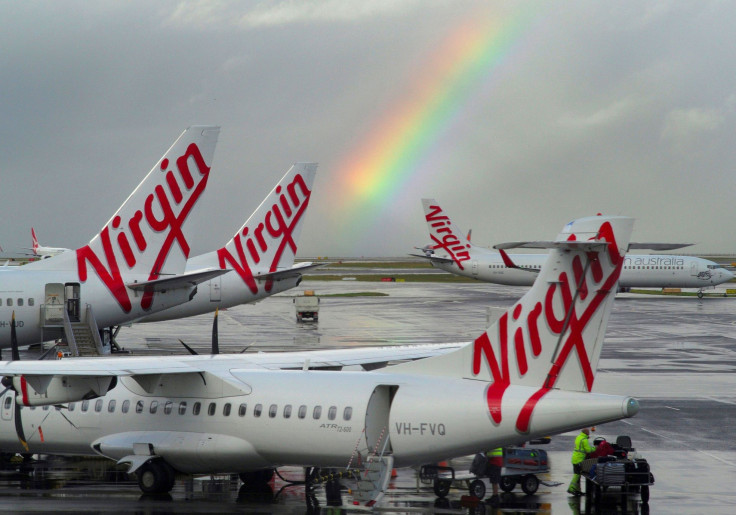Virgin Australia, Air New Zealand join hands to locally produce aviation biofuel

Virgin Australia and Air New Zealand are working together to locally produce aviation biofuel. With this, the airlines endeavour to cut down carbon emissions and costs related to fuel.
The two airlines started working together last year to determine if local production of environmentally-friendly aviation fuel that can be used in fuel tanks was possible. As part of the process, they sent out a request for information in March 2016 and have received responses from more than 30 organisations in Australia, New Zealand, the US, Canada and European nations.
"There is clear interest and potential to produce sustainable aviation fuel in this region, and we will now undertake further detailed exploration in order to reach significant commercial scale," Virgin Australia head of sustainability Robert Wood said. He added that with this effort, the airline is hopeful carbon emissions can be greatly reduced.
The investigation has "helped stimulate industry dialogue on the production of sustainable aviation fuel in the Australasian region,” Air NZ head of sustainability Lisa Daniell said. "Importantly, the process has also greatly expanded our understanding of the technologies and processes involved and the potential timeframes to scale up to the volumes required," she added.
Ingredients like household waste, straw, wood plastic or plastic waste can be used to make biofuel, according to Virgin Australia. Fuel, followed by labour and airport charges, constitutes a large part of operating costs for airlines.
Virgin Australia spent as much as $449 million on fuel and oil in a period of six months to Dec. 31. In comparison to less than a year earlier, owing to lower oil prices, the costs were recorded 20 percent lesser. Air New Zealand, on the other hand, spent NZ$390 million (AU$354.86 million) in the same period. The two will now link with other shortlisted companies in an effort to reinforce the commercial case for any investment.
Meanwhile, Jetstar recently sustained a heavy blow with a $545,000 fine from the Federal Court. The fine came after it was found the airlines was not always being upfront about booking and transaction fees as listed on its website. Virgin Australia also found itself amid the controversy when it was fined with $200,000 for the issue related to "drip pricing."
Jetstar was found to have misled customers in 2013 with regards to fares listed on its website – and on its mobile site in 2014. The findings came in late 2015. On the other hand, Virgin Australia was found to have misrepresented fares on its mobile site in 2014.





















